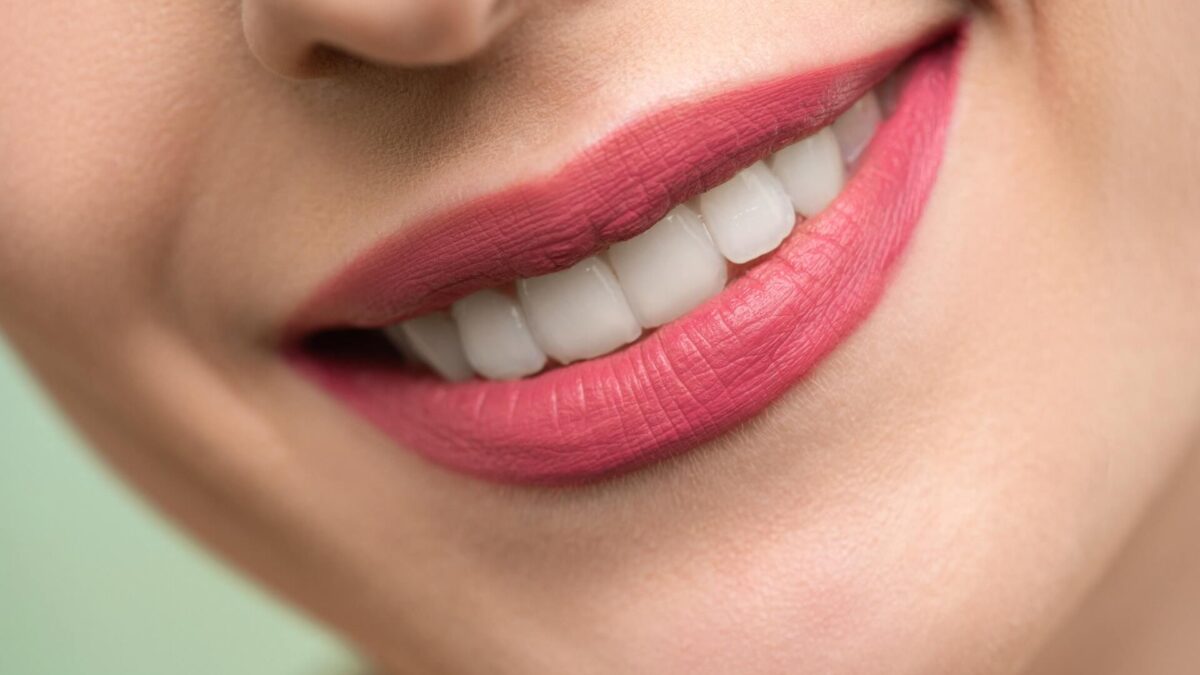Have a cavity and you want to know how we fix it? Or maybe you’re just curios on what the procedure to fix a cavity is… Either way, we created this blog for both audiences.
What Is A Cavity?
A cavity is a hole in the tooth created from tooth decay. Over time, acids can wear down the enamel on the tooth creating small blackish/brown spots to form on the surface. These spots might not cause any problems, however, they can grow bigger and leave actual holes in the teeth, referred to as cavities.
Cavities can be very bad for dental health. In the worst-case scenario, bacteria can make its way into the cavities and attack the pulp of the tooth on the inside. Eventually, the bacteria will create a dental abscess, which is a very painful outcome.
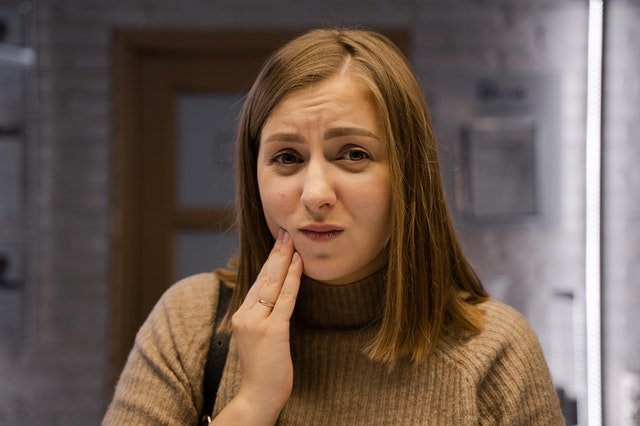
What Are The Symptoms Of A Cavity?
Here are some of the signs and symptoms:
- Toothache: Abrupt, or sudden pain that happens for seemingly no reason.
- Tooth sensitivity: Hot or cold beverages will impact your decayed tooth more than normal.
- Noticeable decay: Small blackish/brown areas may first appear, then these can increase in size and impact.
- Painful bite: Pressure from even normal mouth movements will cause pain.
Can A Cavity Be Prevented?
Yes! Most cavities can be prevented by having a healthy daily oral care routine. You should clean your teeth once in the morning when you wake, and right before you go to bed. If you have the time, you should also be cleaning your teeth at lunch as well.
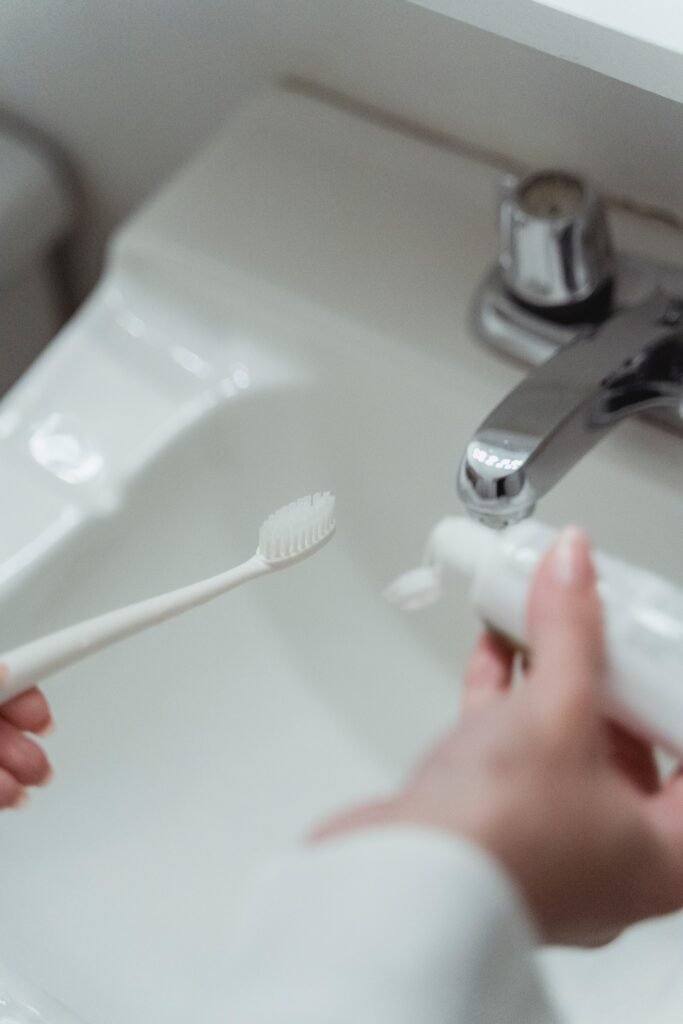
Here is an example of a healthy oral care routine:
- Rinse your mouth with water for 10 seconds.
- Wet the toothbrush and add a small amount of toothpaste.
- Gently but firmly brush each tooth until all the teeth in your mouth are brushed thoroughly. (This should take 30sec to a minute)
- Spit out the toothpaste, then rinse and spit again, (you should avoid swallowing the toothpaste if possible).
- After brushing and rinsing, floss each tooth with a piece of dental floss, or use a tool such as a floss pick.
- After flossing, use mouth wash to rinse out your mouth for 30 seconds before spitting that out as well. You should also avoid swallowing mouthwash as certain solutions can contain ingredients like alcohol. The alcohol is generally used in minimal quantities, but it’s something to keep in mind.
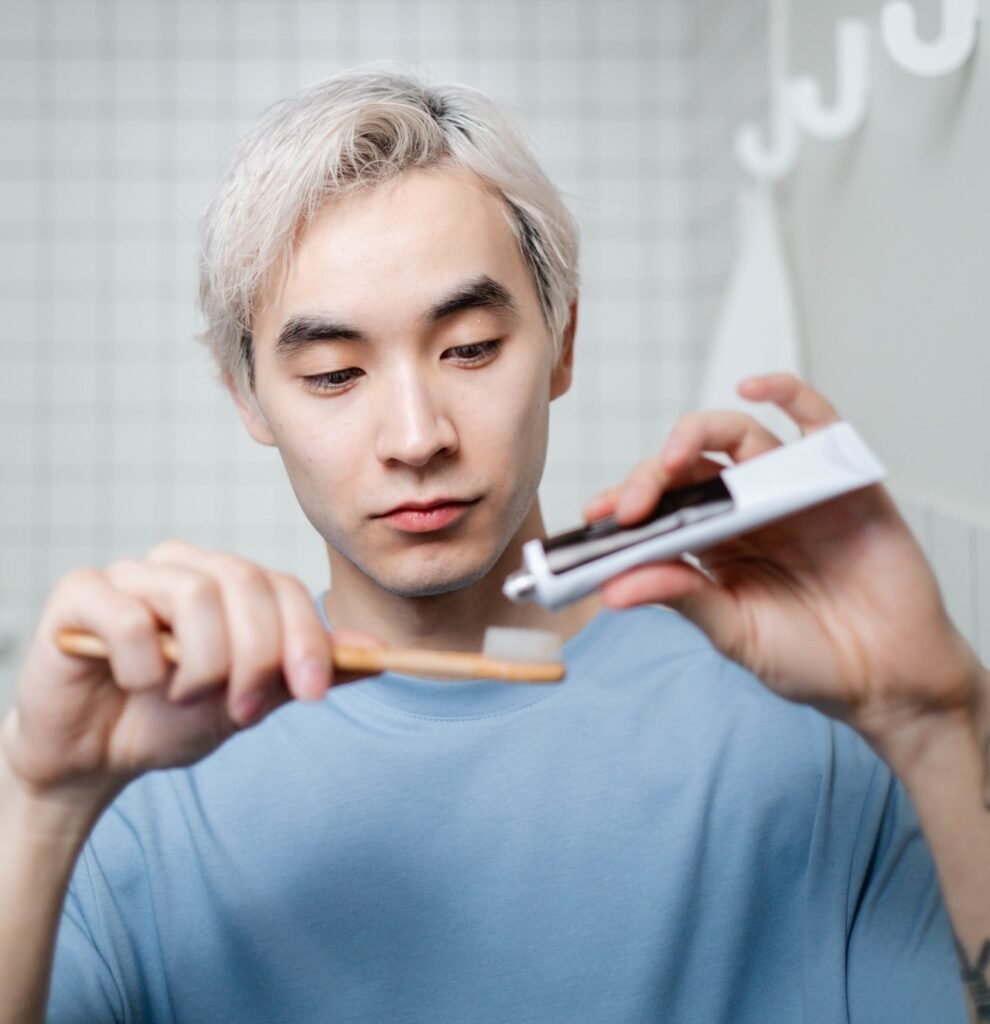
Who’s At Risk For Cavities?
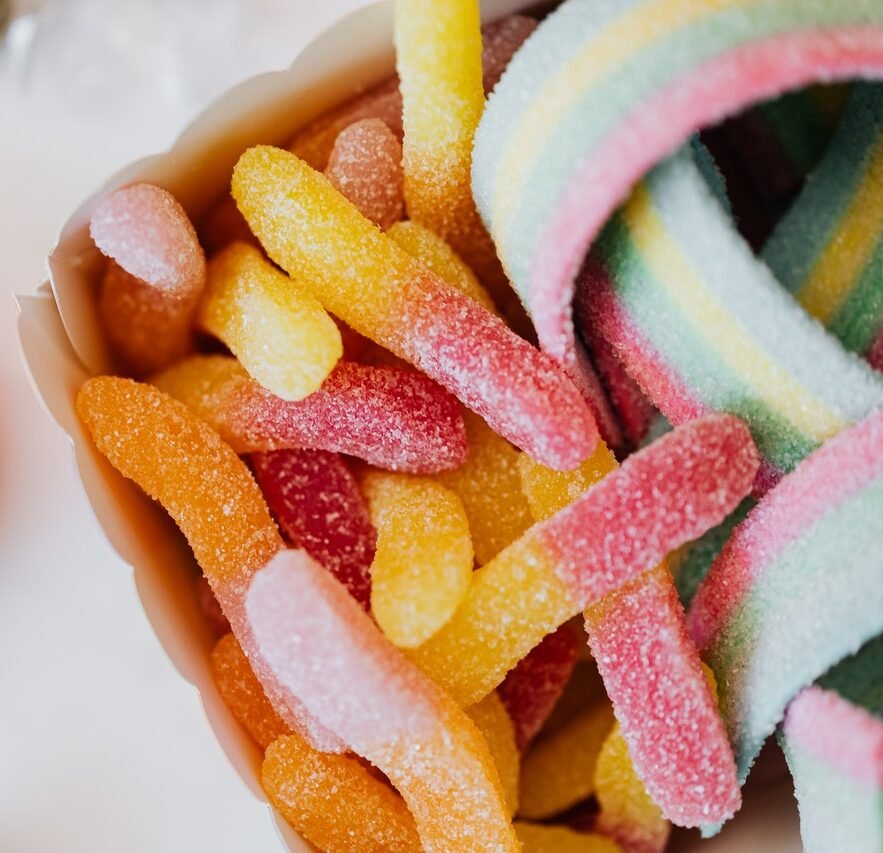
What Type Of Foods Causes Cavities?
It will be difficult for the average person to stay from all cavity-causing foods, but we can definitely make an effort to decrease the negative impact of those foods.
If you want a list of foods to keep a lookout for, here it is:
- Sour Candy – Candies are tough, chewy, and sour candies that contain more acids than other candies which can be bad for your teeth.
- Bread – When bread breaks down it will digest into sugars and starches which can cause tooth decay. It can also be difficult to clean your teeth.
- Alcohol – When you drink liquor, you ironically dehydrate your mouth. A mouth that lacks saliva will have a tougher time washing away food particles.
- Soda – Soda typically contains both large amounts of sugar and carbonation. Sodas also can deposit acid on your teeth which is very bad for preventing cavities.
- Ice – Some people like to chew ice if you do recommend chewing crushed ice. Larger ice cubes can be tough on your teeth, causing chips and breaks.
- Potato chips – Potato chips contain lots of sugar since they are mostly fat and carbs. They also get stuck in your teeth quite easily which can be hard to clean.


